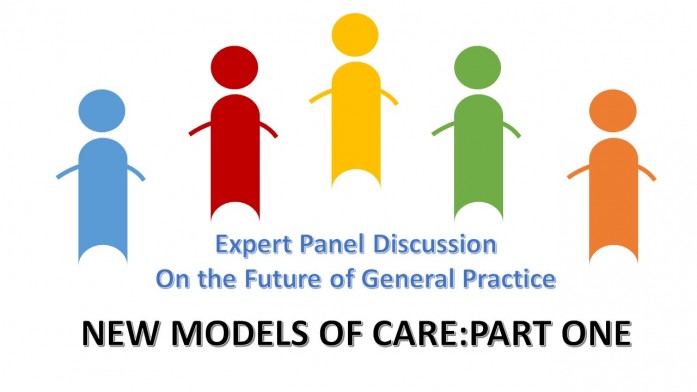Podcast: Play in new window | Download
Subscribe: Apple Podcasts | Email | RSS
This is the second part of our panel discussion looking at how the new models of care will impact on and change general practice (Part One is available here). In this final part of the podcast the panel consider what is motivating general practice to adopt the new models of care, about shifting the balance between secondary and primary care, how working at scale will impact and achieving a greater voice for general practice within the system.
Our fourth panel discussion on Millennial GPs will follow in a few weeks’ time.
This time Ben is joined by:
Nav Chana: GP and chair of the National Association of Primary Care
Nick Hicks: Ex-GP and CEO of COBIC an independent consultancy focussing on outcomes-based health and care
Tracey Vell: GP, Chief Executive of Manchester LMC and Associate Lead for Primary and Community Care in the Greater Manchester Health and Social Care Partnership
Show Notes
Ben asks about the motivation for the primary care home model; is it the crisis in general practice or something more positive? (1min 07secs)
Nav outlines the varying motivations for adopting the model (1min 59secs)
Tracey identifies the crisis across the whole NHS as a motivation for change (3mins 31secs)
Nick agrees but paints an optimistic picture for general practice (4mins 45secs)
Tracey believes that independent contractor status will enable general practice to lead change (6mins 17secs)
Nav believes empowering general practice is the key (7mins 45secs)
Nick suggests giving secondary care teams population health goals (9mins 06secs)
Nav agrees and suggests this is a principal of the primary care home model (10mins 37secs)
Tracey describes how the Manchester system enables just this concept (11mins 40secs)
Nick is excited by the concept and talks about the Christie Hospital and how the system might change to improve cancer outcomes (14mins 25secs)
Tracey responds and gives a practical example of how this might be achieved by considering the integration of the whole patient pathway (15mins 45secs)
Ben asks what practices need to be doing now to implement this kind of change – and how working at scale might facilitate this (17mins 41secs)
Nav suggests that size depends on what you are trying to do and how this links to money (18mins 57secs)
Tracey suggests a range of sizes is best and explains how this works in Manchester (20mins 28secs)
Ben introduces the idea of general practice gaining a stronger voice as a provider (22mins 18secs)
Tracey suggests that gaining a voice depends on how much GP wants to be part of the solution – but to be aware of tokenism – she describes the Manchester answer (23mins 12secs)
Nav says it depends on what the “voice” is for and cautions that bureaucracy doesn’t get in the way (25mins 41secs)
Tracey explains that the Manchester system has reduced bureacracy (27mins 06secs)
Ben asks for final reflections (28mins 32secs)
Nick talks about how technology might impact, about population health and shared accountability (29mins 06secs)
Nav says integrated workforce models and team based care will also impact (30mins 57secs)
Ben concludes and thanks the panel (32mins 30secs)




